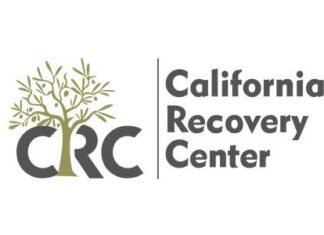Mary Ann Becklenberg of Dyer, Indiana, began noticing Alzheimer’s disease symptoms more than two years ago. “I worked for a hospice as a licensed clinical social worker and at the time was the person that had introduced a new program there,” said 64-year-old Becklenberg in a telephone interview. “We were required annually to develop goals for the upcoming year and this particular year I just couldn’t do it. I was responsible for developing a budget. I remember feeling (mentally) fuzzy.”
She ended up having to telephone her sister, who helped develop the budget for her. It was “very traumatic,” said Becklenberg. The mental lapses made her feel insecure. At first, she attributed them to burnout. Then her husband began realizing something was wrong when she forgot having been with him on a trip to California. Eventually, after extensive testing, and her own persistence, she was diagnosed with Alzheimer’s disease.
“There are people out there who haven’t had the help of a diagnosis,” she said. That diagnosis became important to her, in part because she was able to draw her children into the discussion. For one, their youngest daughter admitted having felt that Mary Ann no longer cared about her because she hadn’t been following up on certain tasks. With the diagnosis, the daughter could understand.
Mary Ann loved working for the hospice, and leaving it was “very, very difficult,” she said. She had worked with elderly Alzheimer’s patients there and so knew the road ahead.
Initially, she was “blown away” in a positive sense by an early-stage Alzheimer’s support group because its members were mentally alert, articulate, and very helpful. Over time, she became an “early stage” spokesperson for the Alzheimer’s Association.
And she began embracing humor. “Inside, we’re still the same person,” she said of having Alzheimer’s disease. “In my family, we laugh now (about it), and I say, ‘Whoops, there it goes again.’ My family has been absolutely essential in my being able to talk about this. Alzheimer’s disease is not a diagnosis just for old people. (Often) it’s also for young and working people. Having a diagnosis opens up a whole world of support.”
Finally, her husband, John, who has become by default Mary Ann’s personal organizer, said it was very important for spouses to fully accept the affected partner and their limited abilities rather than focusing on their deficits and
(21+ years strong)
Welcome to the brighter side!
Get in front of local customers! 24/7 (365)




















